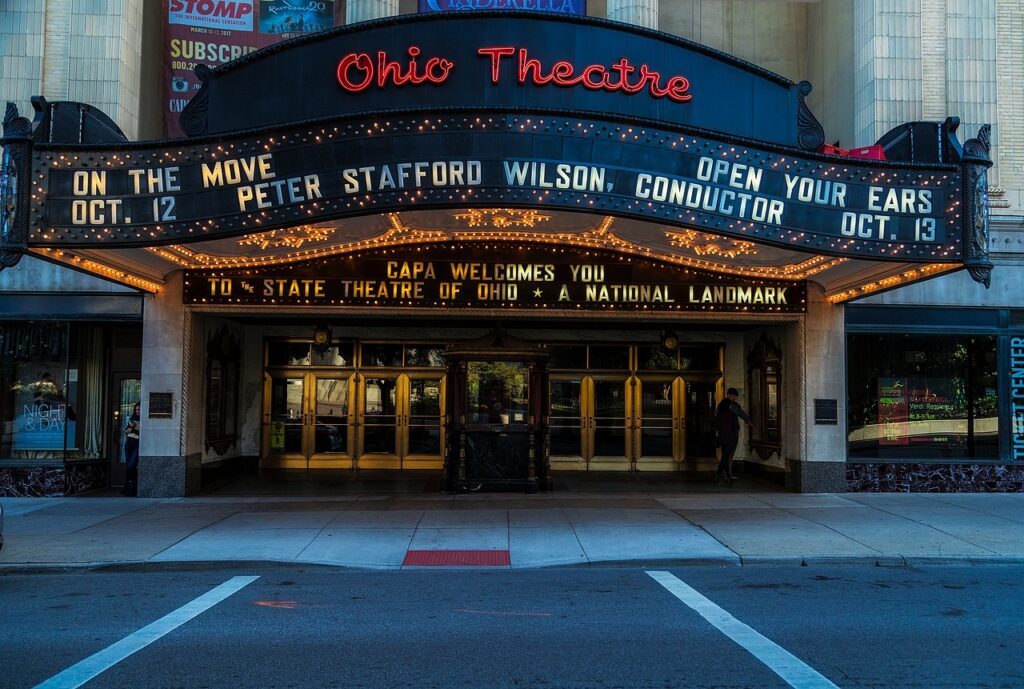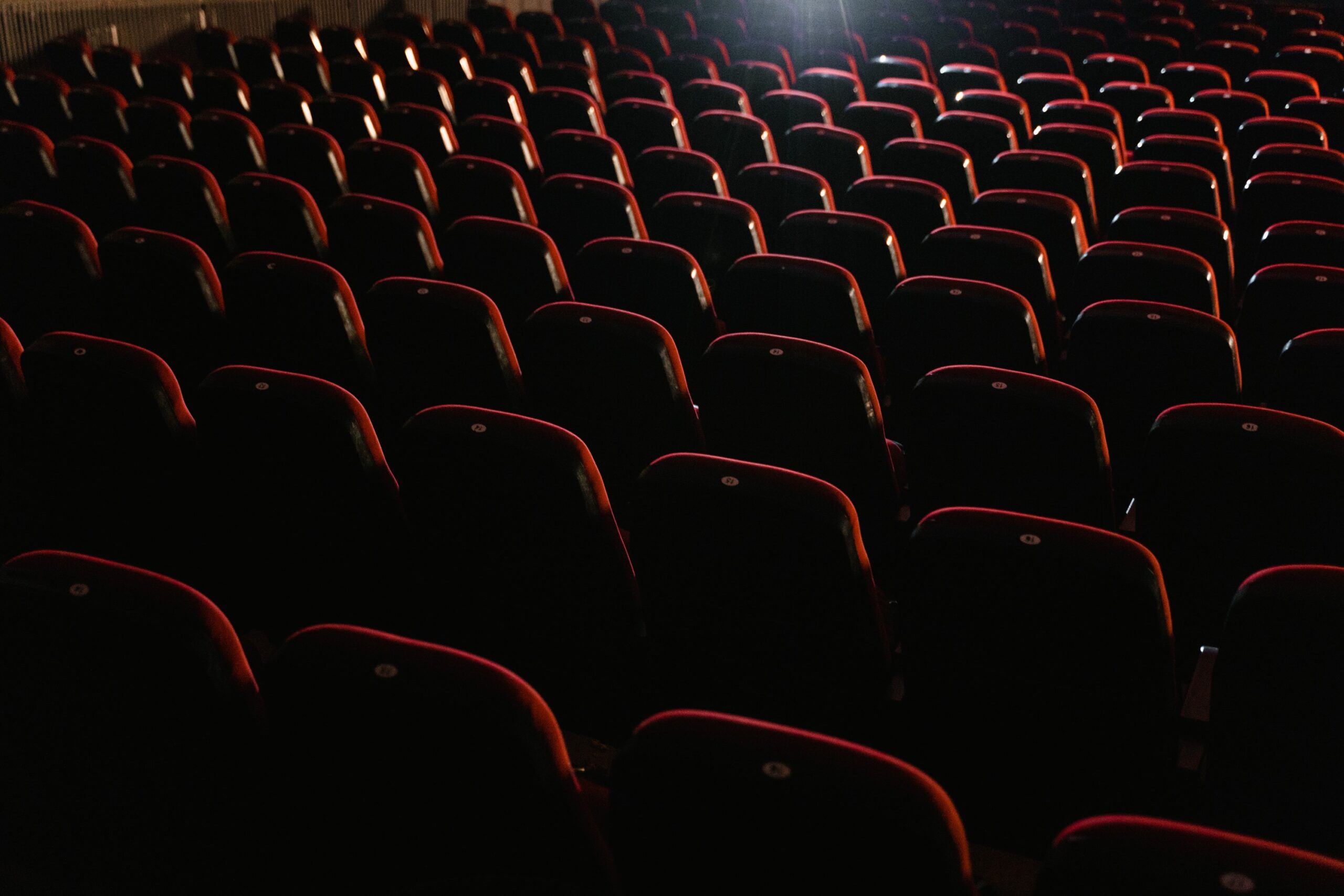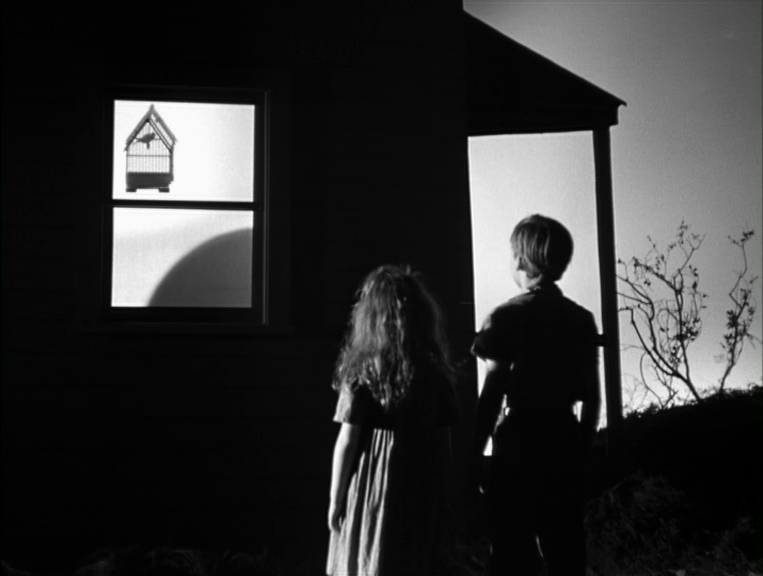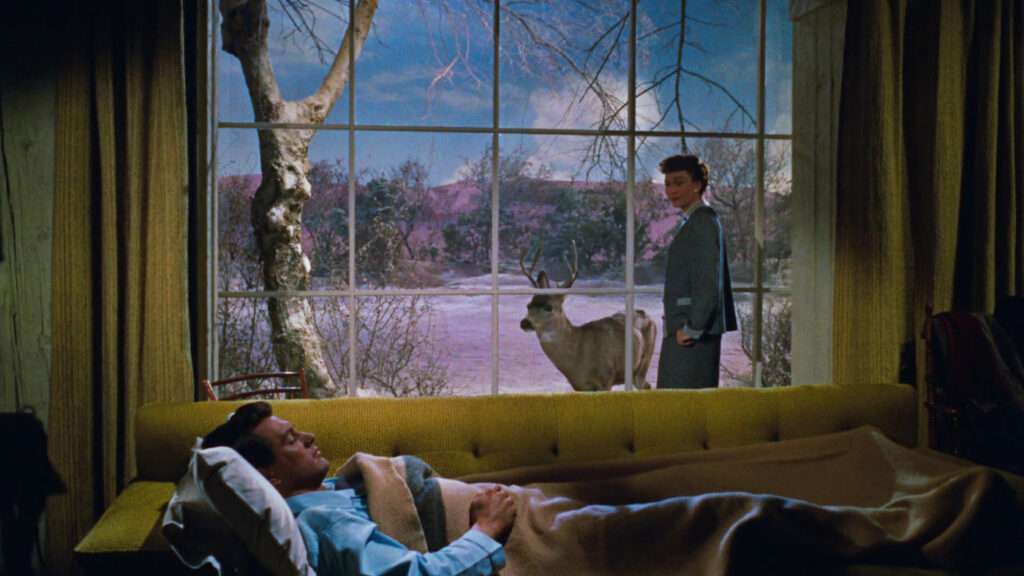As a cinephile, I often find myself enamored with the magic and wonder of the cinema. From the larger-than-life characters, sweeping camerawork, and epic soundtracks, there is nothing quite like the experience of watching a film on the big screen. Despite the constant threat of piracy, the rise of streaming services, and the ever-changing landscape of the entertainment industry, I firmly believe that cinema will never truly die.
It may seem like an overly idealistic and naive sentiment, but hear me out. Cinema has been around for well over a century, undergoing countless transformations and adaptations to new mediums and technologies. Even in the early days of silent films, people were drawn to the art form for its ability to tell stories in a way that was both visually captivating and emotionally resonant. As the years passed, the cinema continued to evolve, from the introduction of sound and color to the development of new technologies like 3D and CGI. Yet still to this day, films from masterminds like Buster Keaton, Frank Capra and Alfred Hitchcock know to entertain modern audiences.
The Perseverance of Cinema
Of course, with these advancements came challenges. The rise of television in the 1950s and 60s threatened the cinema industry by offering a cheaper and more convenient way for audiences to consume entertainment from the comfort of their own homes. However, cinema persevered, offering unique experiences that television could not replicate. The advent of home video in the 1980s posed a similar threat, but again, cinema adapted, offering high-quality experiences that could not be matched by the limitations of VHS tapes.
Streaming Services
Now, we face a new challenge: the rise of streaming services like Netflix and Amazon Prime. These platforms offer a vast selection of films and TV shows for a relatively low cost, allowing audiences to watch at their own convenience without the need to leave their homes. It’s easy to see why some may fear for the future of cinema in the face of such competition.
But here’s the thing: cinema has always been about more than just the act of watching a movie. It’s about the entire experience, from the anticipation of waiting in line to buy your ticket and the excitement of settling into your seat, to the shared experience of laughing, crying, and experiencing emotions alongside other people. It’s about the sensation of being transported to a different world for a couple of hours.

While streaming services may offer convenience and variety, they can never truly replicate the magic of the cinema experience. Even with the rise of home theater systems and high-definition displays, there is something intangible about the experience of watching a film on the big screen that simply cannot be replicated in a living room. There is a sense of awe and wonder that comes from seeing a film the way it was meant to be seen, with a crowd of people, all experiencing the same thing at the same time.
Cinema Is Art
Moreover, the cinema industry itself is not going anywhere anytime soon. While cinema attendance may have dipped slightly in recent years, it is still a hugely profitable industry, and one that continues to attract new audiences. Major studios continue to invest in big-budget blockbusters, while independent filmmakers are finding new ways to distribute their work and connect with audiences. Many cities over the world have special theaters for people like me where they show arthouse films.
It’s also worth noting that cinema is not just a form of entertainment – it is, in many ways, a form of art. The cinema industry has produced some of the greatest works of art in the 20th century, with films like Citizen Kane, The Godfather, and Apocalypse Now standing the test of time and continuing to inspire new generations of cinephiles. In a world where art is constantly under threat, whether from funding cuts or censorship, cinema stands as a testament to the power of artistic expression and the importance of preserving culture for future generations.

A Way of Life
As a cinephile, it’s easy to get caught up in the sheer joy of watching movies. But for me, cinema is more than just a source of entertainment – it’s a way of life. It’s about discovering new stories and new perspectives, connecting with people from all walks of life, and experiencing a fleeting moment of transcendence that can leave a lasting impact on your life.
In a world that is so often tumultuous and chaotic, cinema offers a sense of escape and refuge. It allows us to forget our troubles for a little while and immerse ourselves in stories that captivate our imaginations and move our souls. It is a reminder of the beauty and wonder that exists in the world, and of our capacity to experience joy, sorrow, and everything in between.
Conclusion
So will cinema ever truly die? In my opinion, the answer is no. As long as there are stories to be told and people to tell them, cinema will continue to thrive and adapt to new technologies and mediums. It may change in ways that we can’t yet imagine, but as long as we continue to cherish the unique experiences that cinema can offer, it will never truly be gone.
In closing, I’d like to end with a quote from one of my favorite filmmakers, Martin Scorsese: “Cinema is a matter of what’s in the frame and what’s out.” As long as we continue to appreciate the artistry and wonder that filmmakers bring to the world, cinema will continue to have a place in our hearts and in our lives.




